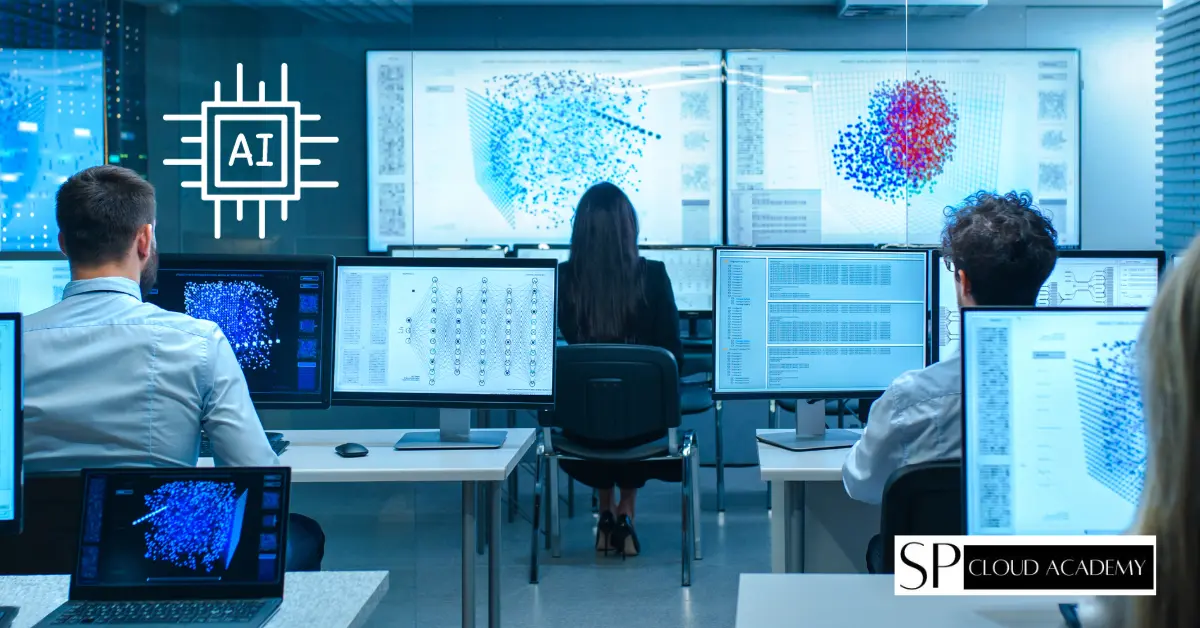In recent years, the field of engineering education has experienced a significant transformation with the integration of artificial intelligence (AI) into the classroom. This emerging technology has revolutionized the way engineering students learn, practice, and apply their knowledge. With the rapid advancements in AI, educators and industry professionals are exploring innovative ways to incorporate this technology into the curriculum to better equip students for the demands of the engineering industry. This article will discuss the impact of AI in engineering education and highlight the benefits and challenges of implementing this technology in the classroom.
The need for innovation in engineering education
As the engineering industry continues to evolve at a rapid pace, there is an increasing need for innovation in engineering education. Traditionally, engineering programs have focused on theoretical concepts and hands-on laboratory experiences. While these aspects are still essential, the integration of AI into the classroom brings a new level of practicality and relevance.
One of the primary advantages of incorporating AI in engineering education is its ability to simulate real-world scenarios. Through virtual reality simulations and AI-powered software, students can now gain hands-on experience in solving complex engineering problems without the need for expensive equipment or time-consuming experiments. This not only enhances their analytical skills but also prepares them for real-world challenges they may encounter in their professional careers.
Furthermore, AI technology enables personalized learning experiences tailored to each student’s abilities and learning pace. By analyzing data on students’ performance, AI algorithms can identify areas of weakness and provide targeted interventions, such as additional practice problems or personalized feedback. This personalized approach not only boosts students’ confidence but also ensures a more comprehensive understanding of the subject matter.
However, the integration of AI in engineering education also brings some challenges. The implementation of this technology requires investment in infrastructure, training for educators, and ongoing support. Additionally, ensuring data security and privacy in the educational setting is of utmost importance.
In conclusion, the need for innovation in engineering education has become paramount, and the integration of AI technology presents a significant opportunity. By leveraging the capabilities of AI, engineering programs can provide students with practical experiences, personalized learning, and better align their curriculum with industry demands. With careful planning and collaboration between educators and industry professionals, AI has the potential to revolutionize engineering education and prepare students for the challenges of the modern engineering landscape.
The role of artificial intelligence in transforming the classroom experience
Artificial intelligence (AI) is playing a transformative role in revolutionizing the classroom experience for engineering students. By integrating AI into the learning process, educators are able to create a more engaging and interactive environment that fosters critical thinking and problem-solving skills.
One of the key contributions of AI in the classroom is its ability to provide real-time feedback to students. Through sophisticated algorithms, AI can analyze students’ progress and provide immediate suggestions for improvement. This not only allows students to track their performance, but it also enables them to address any gaps in their understanding of the subject matter, leading to more effective learning outcomes.
Moreover, AI-powered virtual assistants have the potential to enhance the learning experience by providing personalized tutoring. These virtual assistants can adapt to individual students’ needs, offering targeted explanations and guidance tailored to their unique learning styles. This personalized approach not only boosts students’ confidence but also ensures a deeper understanding of the concepts being taught.
Additionally, AI can facilitate collaboration and teamwork among students by providing platforms for seamless communication and project management. Through virtual classrooms and online collaboration tools, students can work together on engineering projects, exchange ideas, and receive valuable feedback from their peers and instructors. This fosters a sense of community and teamwork, which are crucial skills for success in the engineering field.
However, it is important to recognize that AI is not a replacement for human instructors. While AI can enhance the learning experience, it cannot fully replace the expertise and guidance of a skilled educator. Therefore, it is crucial for educators to adapt their teaching methods to effectively incorporate AI into the classroom and to provide the necessary support and guidance to students.
In conclusion, the role of AI in transforming the classroom experience for engineering students is significant. By providing personalized feedback, facilitating collaboration, and promoting critical thinking, AI has the potential to create a more interactive and effective learning environment. However, it is critical for educators to strike the right balance between AI technology and human instruction to ensure that students receive the best possible education and preparation for the engineering industry of the future.
Enhancing student engagement and personalized learning through AI technology
With the integration of AI technology in engineering education, student engagement can reach new heights. AI-powered learning platforms can offer a range of interactive tools and resources that captivate students’ attention and foster active participation.
For instance, virtual reality simulations can transport students to real-world engineering scenarios, allowing them to apply their knowledge and problem-solving skills in a hands-on manner. This immersive experience not only enhances student engagement but also enables them to develop a deeper understanding of complex concepts.
Furthermore, AI-driven personalized learning platforms can adapt to each student’s individual needs and pace of learning. By analyzing a student’s strengths and weaknesses, these platforms can generate customized learning pathways that optimize their educational journey. Students can receive targeted assignments, study materials, and assessments that cater to their specific areas of improvement, ensuring they make the most efficient use of their time and efforts.
In addition, AI-powered chatbots and virtual assistants can provide instant support and guidance to students outside the classroom. Students can ask questions, seek clarification, and receive immediate explanations, thus promoting continuous learning and reducing the reliance on traditional office hours for support.
Overall, AI technology opens up a world of opportunities to enhance student engagement and personalize the learning experience. By leveraging the capabilities of AI, educators can create an educational environment that is tailored to each student’s unique needs, allowing them to maximize their potential and excel in their engineering education.
AI-powered tools for hands-on experimentation and problem-solving
AI-powered tools are revolutionizing the way engineering students engage in hands-on experimentation and problem-solving. With the integration of AI technology, students can now have access to virtual laboratories and simulations that provide a safe and immersive environment for practical learning.
These AI-powered tools offer students the opportunity to experiment with different engineering concepts and techniques, allowing them to gain valuable experience and build their problem-solving skills. Through virtual simulations, students can manipulate variables, observe outcomes, and analyze data in real-time, providing them with a deep understanding of the underlying principles.
Furthermore, AI algorithms can generate complex scenarios and challenges that require students to apply their engineering knowledge to solve practical problems. This not only enhances their critical thinking skills but also prepares them for real-world engineering challenges they will face in their future careers.
By leveraging AI-powered tools for hands-on experimentation and problem-solving, engineering education can become more dynamic and engaging. Students can develop practical skills, gain confidence in their abilities, and be better prepared for the demands of the engineering industry. The integration of AI technology is truly revolutionizing engineering education, paving the way for a new era of innovation and excellence.
The benefits of AI in improving assessment and feedback
The use of AI in engineering education goes beyond just revolutionizing hands-on experimentation and problem-solving. AI-powered tools can also greatly improve the assessment and feedback process for both students and educators.
Traditionally, assessment in engineering courses has relied on exams and written assignments. However, these methods often lack the ability to provide timely and personalized feedback to students. With AI, assessments can be more dynamic and adaptive. AI algorithms can analyze students’ performance and provide instant feedback, allowing them to identify areas of improvement and adjust their learning strategies accordingly.
Moreover, AI can also assist educators in streamlining the grading process. By automating the grading of certain assignments or exams, instructors can save valuable time and focus on providing more targeted and personalized feedback to students. This not only benefits the students by giving them more comprehensive feedback but also enables educators to better understand the needs and progress of individual students.
In conclusion, the integration of AI technology in engineering education brings numerous benefits, including the ability to provide instant and personalized feedback to students and streamline the grading process for educators. With AI, assessment becomes more effective and efficient, contributing to a more enriching learning experience for both students and educators.
Overcoming challenges in implementing AI in engineering education
Implementing AI in engineering education is not without its challenges. One of the main hurdles is the need for extensive data collection and analysis. AI algorithms rely on large amounts of data to make accurate assessments and predictions. Therefore, it is essential for educational institutions to have comprehensive systems in place to collect and analyze student data.
Another challenge is the potential resistance from educators and students. Some may be hesitant to embrace AI in the classroom, fearing that it will replace human interaction and personalized instruction. Educators must address these concerns and emphasize the collaborative nature of AI technology, highlighting that it is meant to enhance, not replace, the learning experience.
Additionally, there may be financial considerations when implementing AI technology in engineering education. Acquiring the necessary hardware and software can be costly, and ongoing maintenance and updates must be budgeted for.
Despite these challenges, the benefits of AI in engineering education outweigh the obstacles. By proactively addressing the challenges and working towards solutions, educational institutions can successfully integrate AI technology into the classroom, ultimately enhancing the learning experience for both students and educators.
Collaborating with industry: bridging the gap between academia and real-world engineering
Collaboration with industry is a crucial aspect of revolutionizing engineering education through AI. By partnering with companies and professionals in the field, educational institutions can bridge the gap between academia and real-world engineering.
Industry collaboration offers numerous benefits to students and educators alike. It provides students with the opportunity to apply their knowledge to real-world projects, gaining practical experience and developing crucial skills. Additionally, industry professionals can offer valuable insights and mentorship, guiding students towards relevant and in-demand skills.
Furthermore, collaborating with industry allows educational institutions to stay up-to-date with the latest advancements and trends in engineering. By aligning curriculum and projects with industry needs, students can graduate with the skills required to excel in their careers.
Implementing AI technology in collaboration with industry also fosters innovation and research. Companies can provide access to cutting-edge technologies and data sets, allowing students and educators to explore new avenues and push the boundaries of engineering education.
In conclusion, by fostering collaboration with industry, educational institutions can ensure that AI in engineering education is relevant, practical, and aligned with the needs of the industry. This collaboration is vital for preparing students for the rapidly evolving engineering landscape and equipping them with the skills necessary for success.
The future of engineering education: embracing AI advancements.
As AI continues to advance, the future of engineering education holds exciting possibilities. Embracing these advancements can further enhance the learning experience and prepare students for the challenges of the future.
One area where AI can make a significant impact is in personalized learning. By leveraging AI algorithms, educational institutions can create adaptive learning platforms that tailor the curriculum to each student’s needs and learning style. This personalized approach ensures that students receive the support and resources they require to excel in their studies.
Moreover, AI can revolutionize assessment methods in engineering education. Traditional exams and assignments can be replaced or supplemented with AI-powered tools that provide real-time feedback and evaluation. This not only saves time for educators but also allows students to understand their strengths and areas for improvement more effectively.
Furthermore, AI can enable students to engage in more practical and hands-on learning experiences. Virtual reality simulations and AI-powered robotics can provide realistic environments for students to apply their theoretical knowledge and develop critical problem-solving skills.
Incorporating AI into engineering education also opens doors for interdisciplinary collaboration. With AI’s ability to process vast amounts of data and draw insights, engineers can work alongside experts from various fields to tackle complex problems and develop innovative solutions.
Embracing AI advancements in engineering education is not without its challenges. Educational institutions must invest in infrastructure, training, and resources to implement AI effectively. Additionally, ethical considerations and the responsible use of AI must be prioritized to ensure that students are equipped with not only technical skills but also an understanding of the broader societal impact of AI.
In conclusion, the future of engineering education lies in embracing AI advancements. With personalized learning, innovative assessment methods, practical experiences, and interdisciplinary collaboration, AI can shape the next generation of engineers who are capable of tackling the complex challenges of our rapidly evolving world. By staying at the forefront of AI integration, educational institutions can ensure that their students thrive in the ever-changing field of engineering.
Conclusion: Embracing the potential of AI to revolutionize engineering education.
In conclusion, the potential of AI to revolutionize engineering education is immense. By embracing AI advancements and incorporating them into the classroom, educational institutions can create a transformative learning experience for students. Personalized learning platforms, innovative assessment methods, practical experiences, and interdisciplinary collaboration are just a few of the ways that AI can shape the future of engineering education.
However, it is important for educational institutions to approach AI integration with careful consideration. Investments in infrastructure, training, and resources are necessary to ensure the effective implementation of AI in the classroom. Ethical considerations and responsible use of AI must also be prioritized, as students need to understand the broader societal impact of AI.
By staying at the forefront of AI integration, educational institutions can equip their students with the skills and knowledge needed to thrive in the ever-changing field of engineering. As AI continues to advance, revolutionizing engineering education is not just a possibility, but a necessity. Let us embrace the potential of AI and prepare a new generation of engineers who are ready to face the challenges of the future.
See also
The Impact of Artificial Intelligence in Education: A Transformative Force
https://en.wikipedia.org/wiki/Artificial_intelligence
-
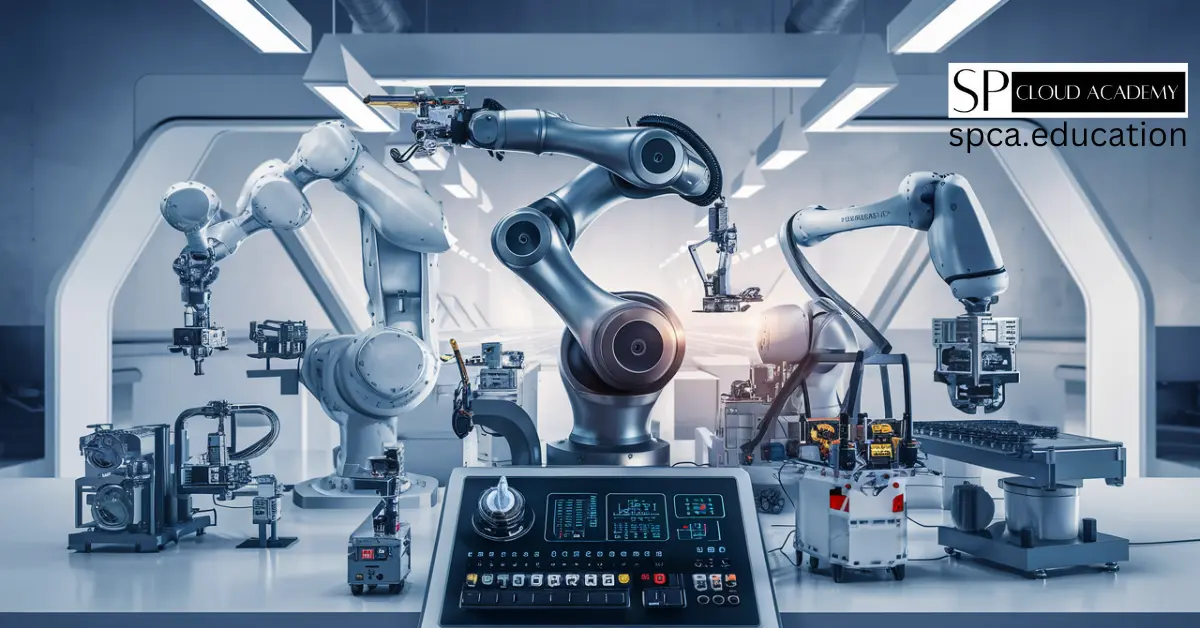
Robotic Process Automation: The Future of Work or The End of Jobs?
-

Digital Cooperative Learning: Best Online Collaboration Tools for Students
-
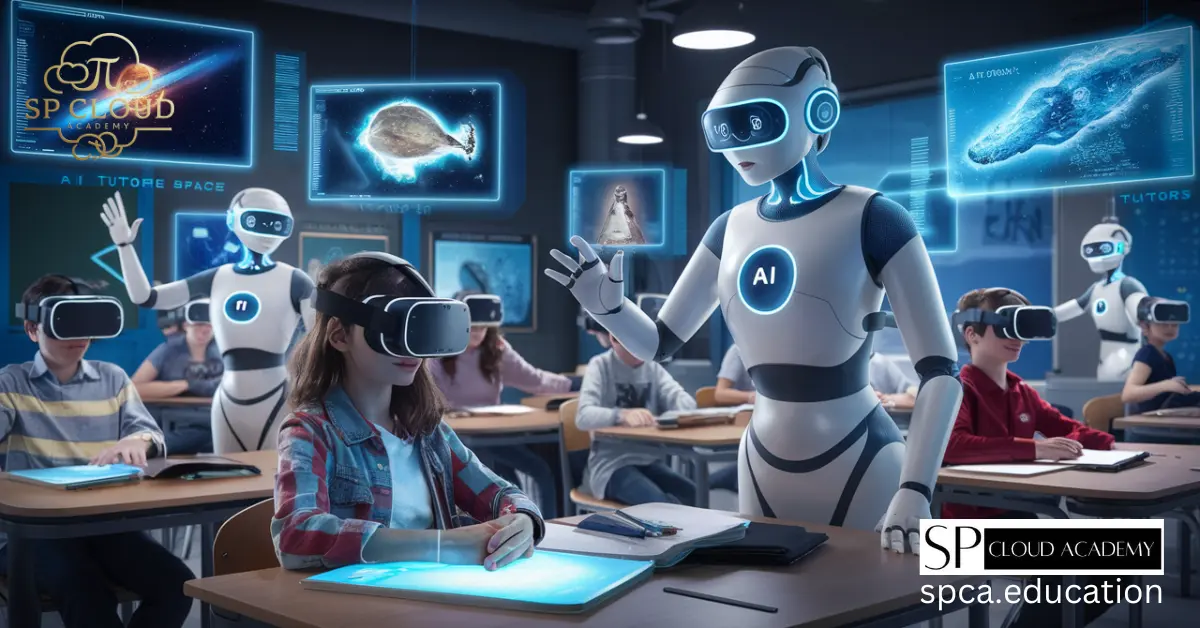
The Future of Education: AI Tutors and Immersive Learning
-
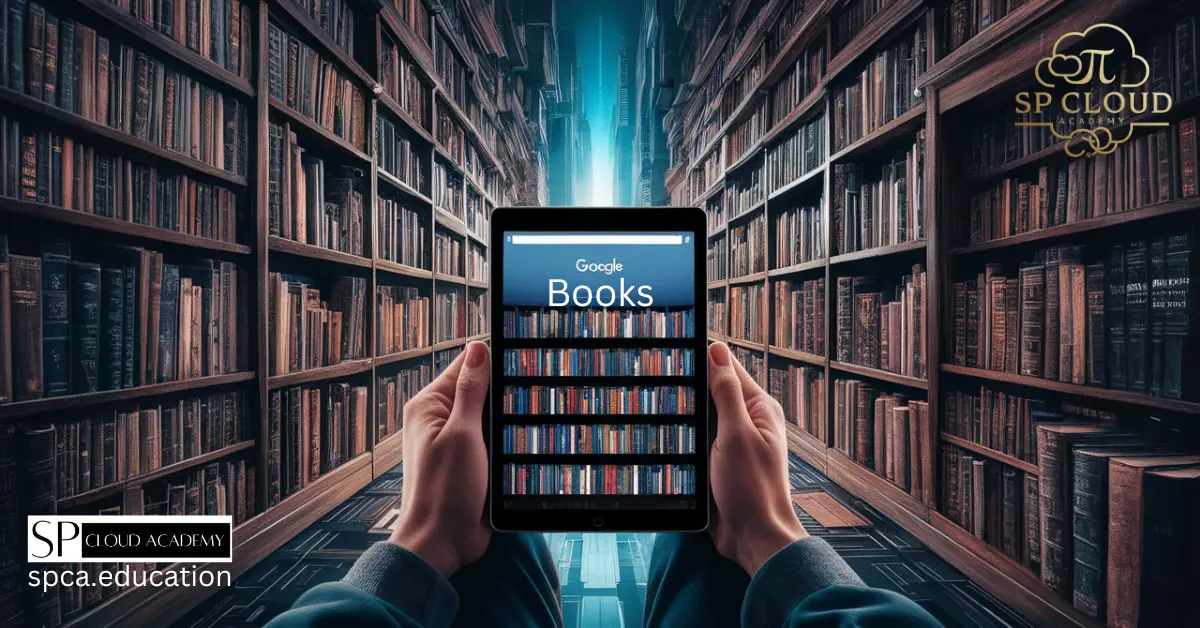
Google Books: Unlocking a World of Knowledge at Your Fingertips
-
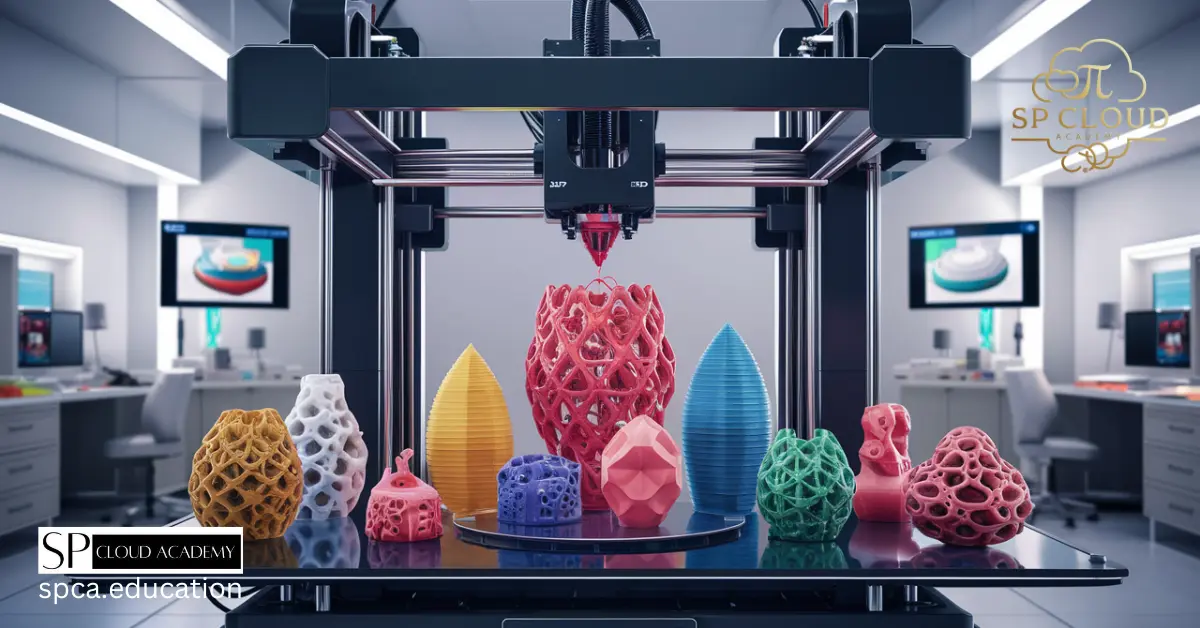
Revolutionizing Manufacturing: How 3D Printing is Changing the World
-

Generative AI and the New Era of Work: Are You Ready?
